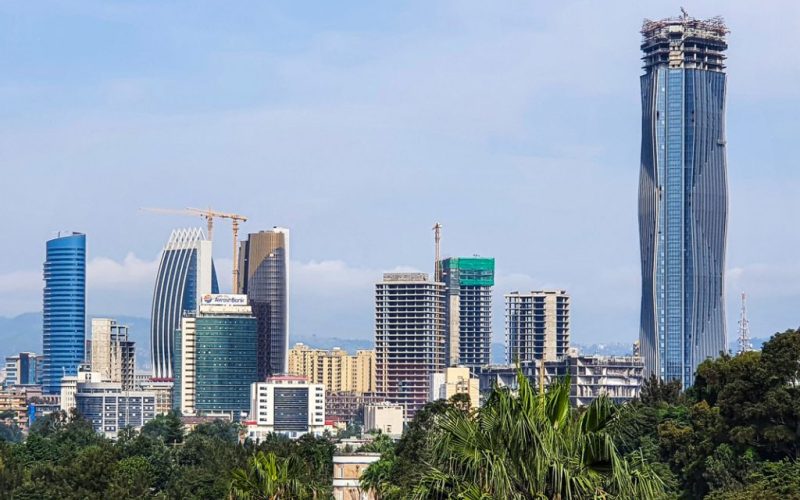Ethiopia continues its discussions with international lending institutions and countries, aiming to secure support for its economic reforms.
One of the major institutions engaged in talks with the Ethiopian government is the International Monetary Fund (IMF), which recently concluded a visit to Addis Ababa.
According to information released on the IMF’s website, the institution’s visit to Addis Ababa took place from March 24 to April 2, 2024, at the request of the Ethiopian government.
Ethiopia has sought IMF assistance to bolster its economic reform agenda, leading to the dispatch of a team of IMF experts led by Alvaro Piris to Addis Ababa.
The discussions between the IMF experts and their Ethiopian counterparts over the 15-day period were described as constructive.
However, further discussions between IMF and Ethiopian officials are scheduled to take place in Washington, as outlined in the IMF statement.
Contrary to the positive outlook presented by the IMF, Reuters reported that the talks between the IMF and Ethiopia concluded without reaching an agreement, omitting details on the points of disagreement.
Meanwhile, the Paris Club, comprising creditor countries and institutions excluding China, set a deadline of March 31 for Ethiopia to reach an agreement with the IMF. However, neither Ethiopia nor the Paris Club has officially confirmed this deadline.
Ethiopia finds itself in a challenging financial situation, becoming the third country, after Ghana and Zambia, to default on the one-billion-euro Eurobond issued 11 years ago.
In response, the Ethiopian government emphasized its commitment to treating all creditors equally, citing this as the reason for delaying Eurobond repayments, rather than a lack of funds.
With $29 billion in foreign loans, half of which are owed to China, Ethiopia is seeking an extension of the loan repayment period.
However, countries and lending institutions outside of China have shown reluctance to grant such extensions, despite Ethiopia’s credit pressure.
Prime Minister Abiy Ahmed disclosed in a recent discussion with honest taxpayers that Ethiopia had repaid $10 billion in loans over the past five years.
The country faces multiple economic challenges, including the impact of war, the COVID-19 pandemic, climate change, rising living costs, and global economic conditions.
Although a peace agreement brokered by the African Union halted the war in northern Ethiopia, conflict persists in the Amhara region, posing further challenges to Ethiopia’s economic stability.
